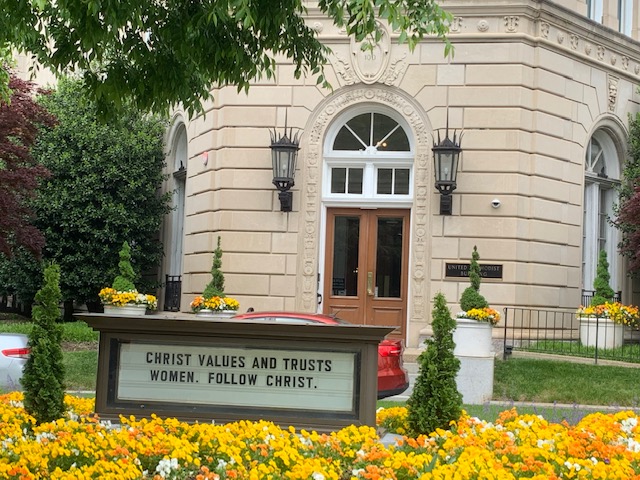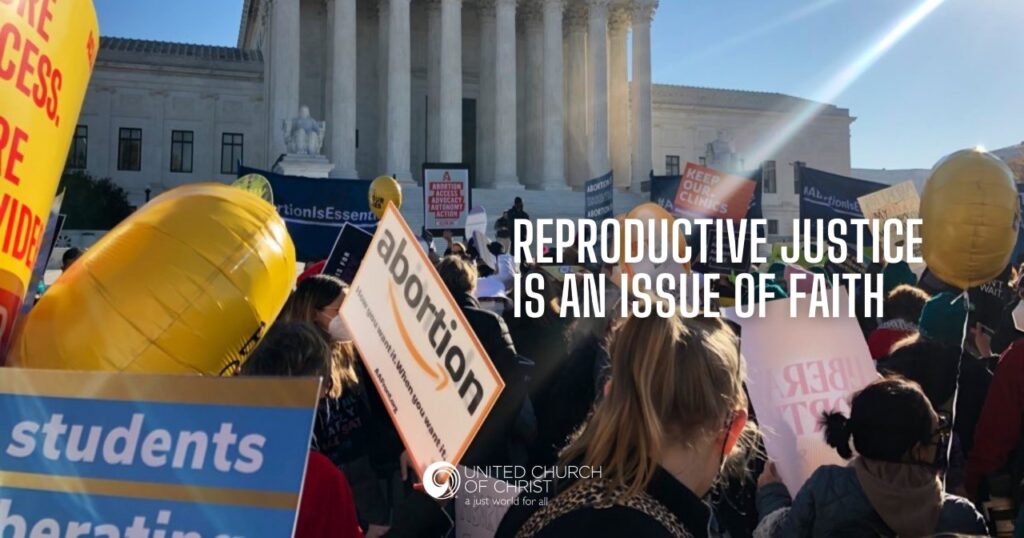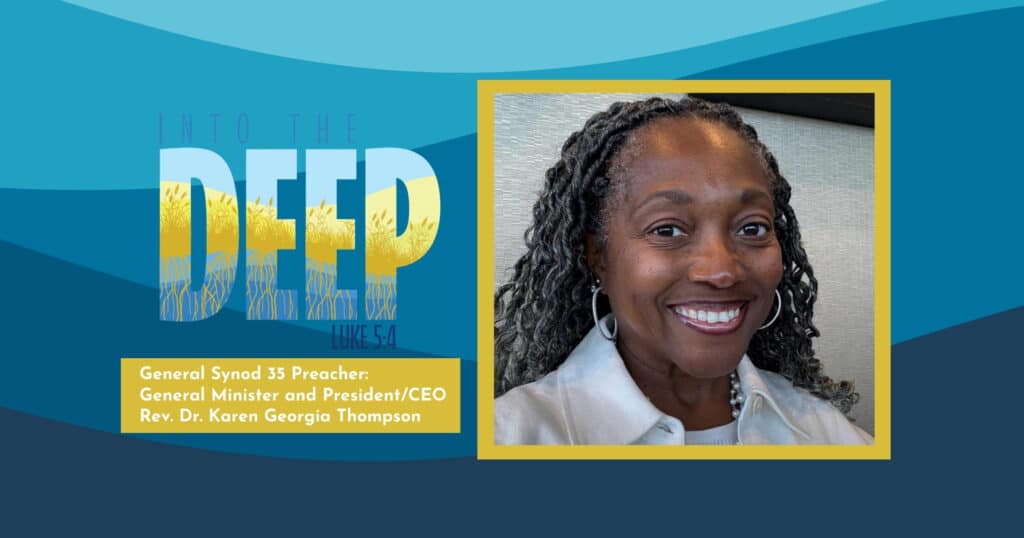D.C. policy advocate: Continue the fight for reproductive justice
A draft opinion on a U.S. Supreme Court case that will determine the future of Roe v. Wade was leaked to the public on Monday night. The draft tells us that if the opinion is published, as it stands, it will overturn the 1973 landmark decision. The Supreme Court’s radical 2022 decision will dramatically reshape the landscape of access to abortion for people who become pregnant.

It was clear which direction the court was heading after oral arguments last year. This draft opinion confirms just how far this new court will go. If the decision stands, forced childbirth will become a reality for far too many.
To be clear, this is a draft opinion. The will and force of the court has not yet been issued in a ruling. This means if someone has an appointment to receive abortion services, they are still able to receive care.
On a practical level, many states have taken steps that would trigger laws should Roe v. Wade be overturned. At this point, those trigger laws do not yet apply. The Guttmacher Institute, a nonprofit that researches sexual and reproductive health and rights, lists all the states with these trigger laws. Several have included abortion restrictions in their constitutions. Many others look likely to swiftly pass an abortion ban pending the outcome of the case. There are other states, like Colorado, Vermont, and the District of Columbia, that have passed laws to maintain the legal right to abortion should Roe v. Wade be overturned. At the national level, a bill to codify the right to abortion, the Women’s Health Protection Act, has passed the House but is stalled in the Senate. There will also be attempts to pass a national abortion ban through Congress.
Since the Supreme Court determined in 1973 that abortion is constitutionally protected, there has been a continued campaign to ban or severely limit access to safe abortion services. In 2021 there were more of these laws passed by states than any other year since 1973.
The United Church of Christ General Synod has, over the past 40 years, affirmed an individual’s agency to follow their personal religious and moral convictions in consultation with their family and medical care team about whether to complete or terminate a pregnancy. It has also lifted up the importance of ensuring full access to the full range of reproductive health care services regardless of economic circumstances.
These ongoing battles call for a faithful and strong response affirming an individual’s self-determination for their own body. Historically economically marginalized populations including Black communities, people of color and low-income communities are placed in greater harm because they have diminished access to reproductive healthcare.
The settled law and precedent of Roe v. Wade ensures that people are able to access safe, legal abortion and make their own decisions about their body. The far-reaching ramifications of this draft decision are devastating. When birthing people do not have bodily autonomy, all of us are worse off. It consigns an entire class of people to a life of less freedom, less choice, and less sovereignty. We know just how critical these stakes are. Simply put, more birthing people will die as a result of Roe v. Wade being overturned. We already claim the worst maternal mortality rate of any other wealthy nation, and if more people are forced to give birth, especially in cases of risky pregnancies, more people will die. A recent study shows that an abortion ban may lead to a 21-percent increase in pregnancy related deaths. Even more than pregnancy-related causes, women who are pregnant are at greater risk of death by homicide from men.
As a justice-seeking people, we must remain committed to preserving and protecting access to the full range of reproductive health care for all – including safe, legal abortion – as an imperative rooted in our deeply held faith beliefs in social justice, moral agency and religious liberty for all. At this point, the released leak is still a draft, and we are committed to continuing this struggle. As people of faith, we are rooted in the idea that each person is beloved of God and worthy of dignity and humanity. This means full autonomy to determine the course and shape of one’s life.
Katie Adams is the UCC domestic policy advocate in the denomination’s Washington, D.C., office.
Worship resources for reproductive justice can be found here.
Content on ucc.org is copyrighted by the National Setting of the United Church of Christ and may be only shared according to the guidelines outlined here.
Related News
2025 Climate Hope Art Contest award winners plant seeds of hope
The celebration of the 2025 Climate Hope Art Contest for children and youth of the United...
Read More‘Not your typical webinar’: Womxn 2 Womxn series aims to foster community
As the church works towards gathering this summer at General Synod 35 in Kansas City,...
Read MoreThompson to bring a ‘prophetic and pastoral’ message to Synod: ‘We are not all the same, but still one body’
On Sunday, July 13, the Rev. Dr. Karen Georgia Thompson will take the stage at the 35th...
Read More



